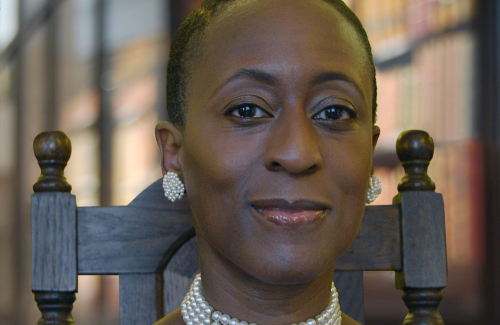More Pembroke news
The Big Bang Theory on E4 references Pembroke Physicist's Research
NEWS |
Dr Eduardo Lopéz, Lecturer in Physics, is engaged in interdisciplinary research on social systems. A new episode of the E4 sitcom The Big Bang Theory, to be aired in UK on Thursday 13th November 2014, includes references to his work.
The references are related to a recent article Persistence of social signatures in human communication. This project studied the phone patterns of 24 students in a city in the UK from March of their last year of school for the following 18 months. After finishing school, some students went to university and others started jobs. This led to major changes in most of their social circles: a lot of communication was redirected to new friends while some older friends that were in the typical call pattern before finishing school would receive less or even no communication at all.
For each student who was tracked, a social signature was constructed: for consecutive periods of 6 months, ordered lists of the people each student called the most, the second most, etc. were gathered, together with the percentages of time or number of calls they allocated to each of those people. Remarkably, these social signatures remained considerably unchanged for each individual when analysed over time, even though the people that were now occupying particular places (top friend, second friend, etc.) changed for a lot of the students. This observation was termed the persistence of social signatures.
One consequence of persistence is that, since the signatures are roughly fixed, then if a new friend enters somebody else has to move elsewhere in the signature, perhaps even disappear altogether. InThe Big Bang Theory episode, they use some artistic license to make the point that "a study at the University of Oxford" says that when somebody gets a girlfriend, they have to get rid of one or two friends.
To read the research article in full follow this link.

